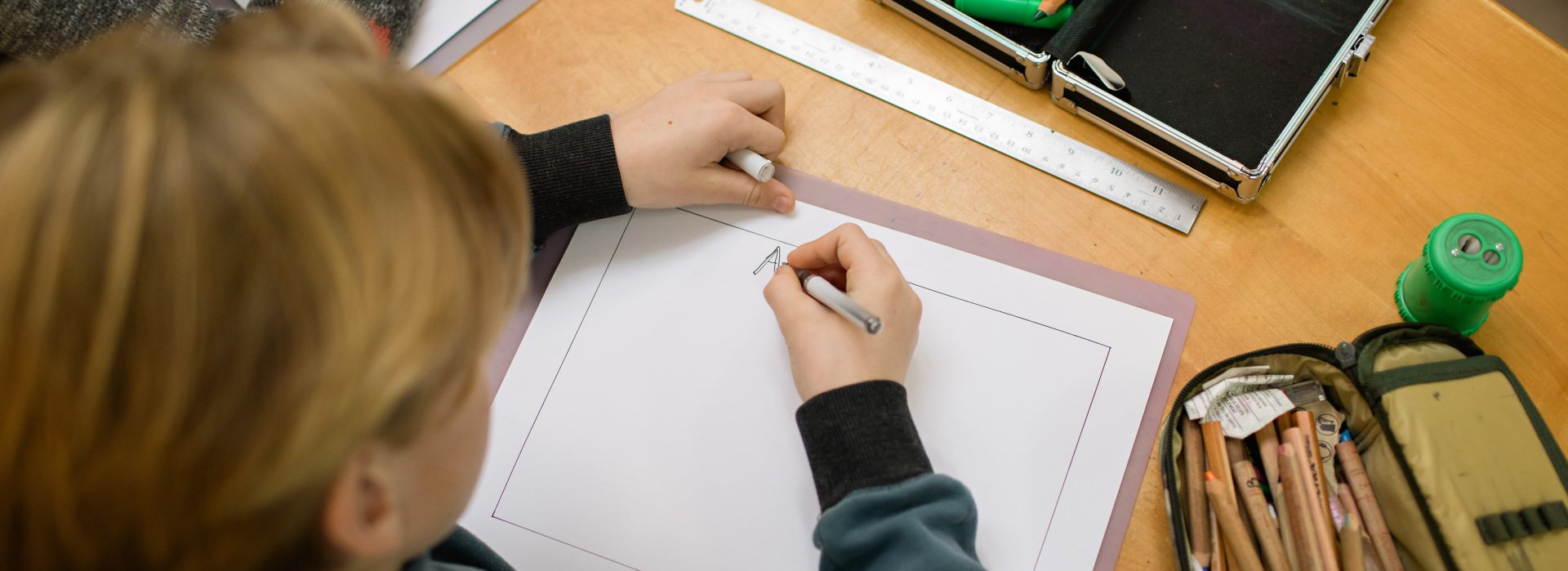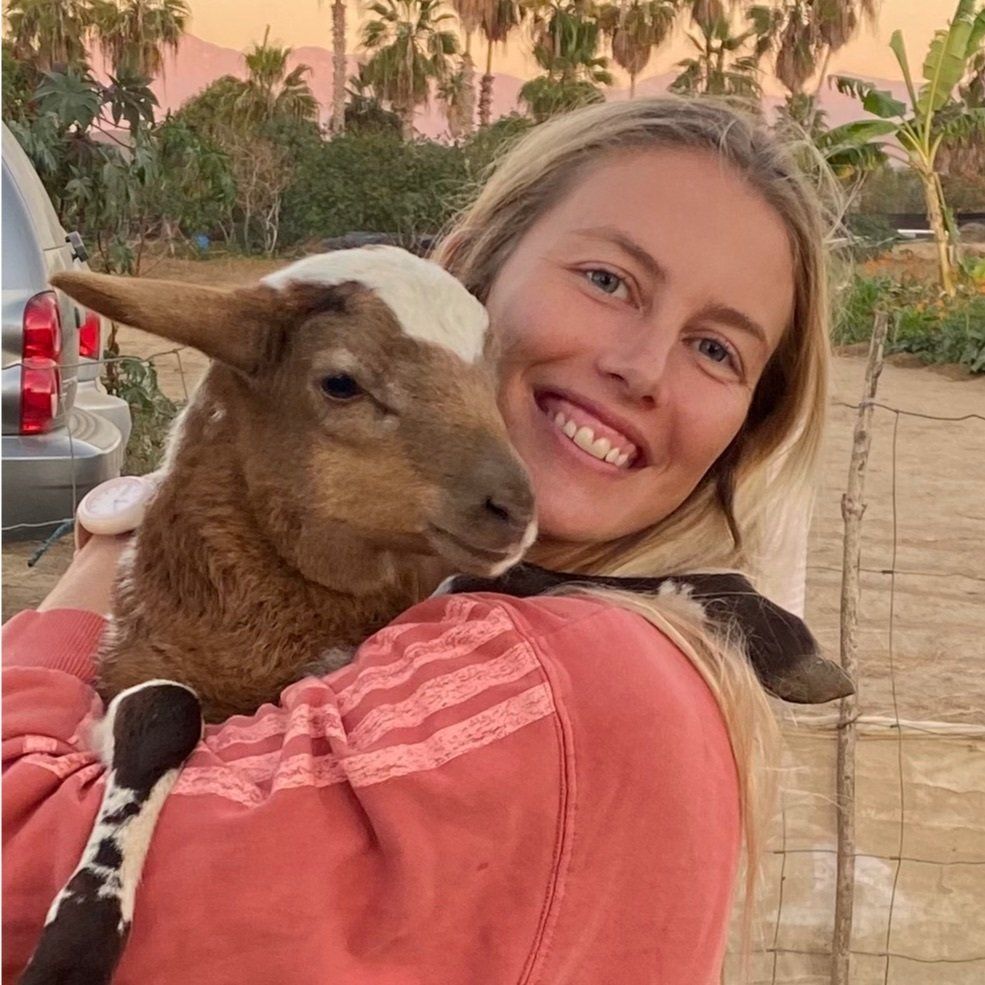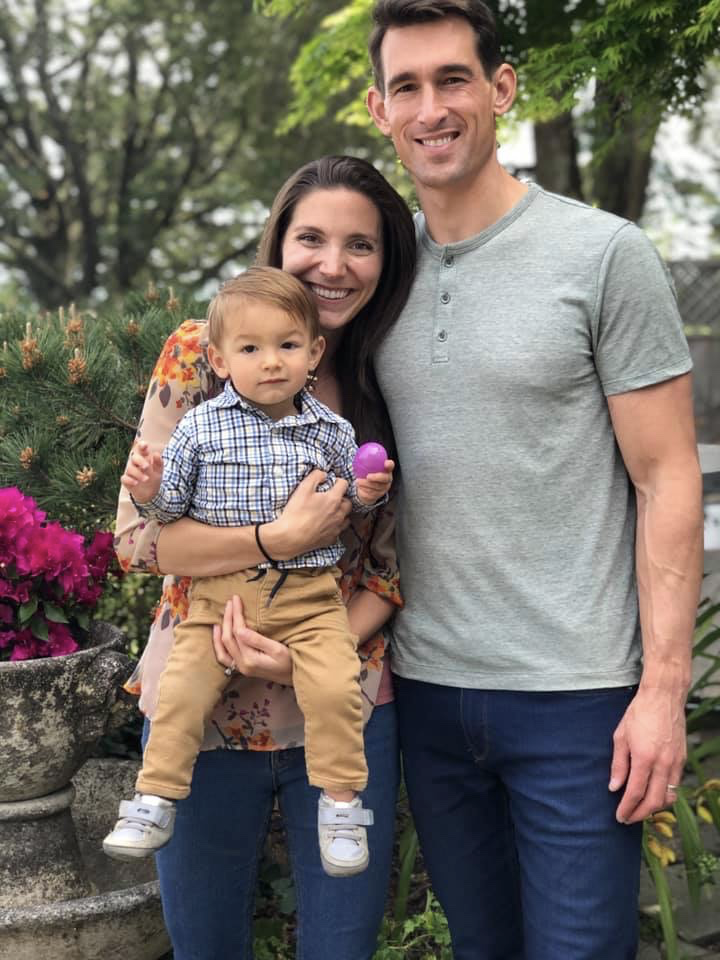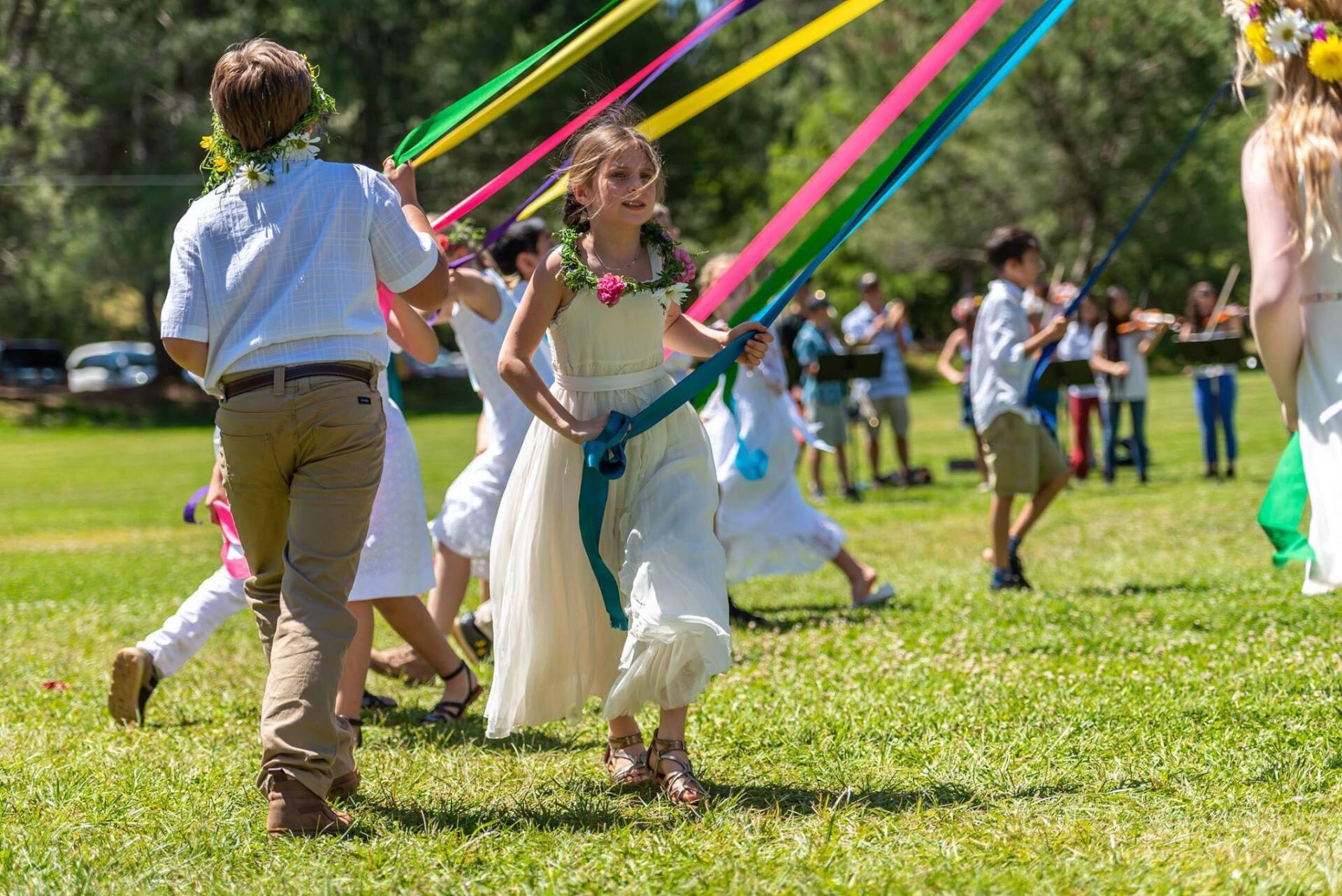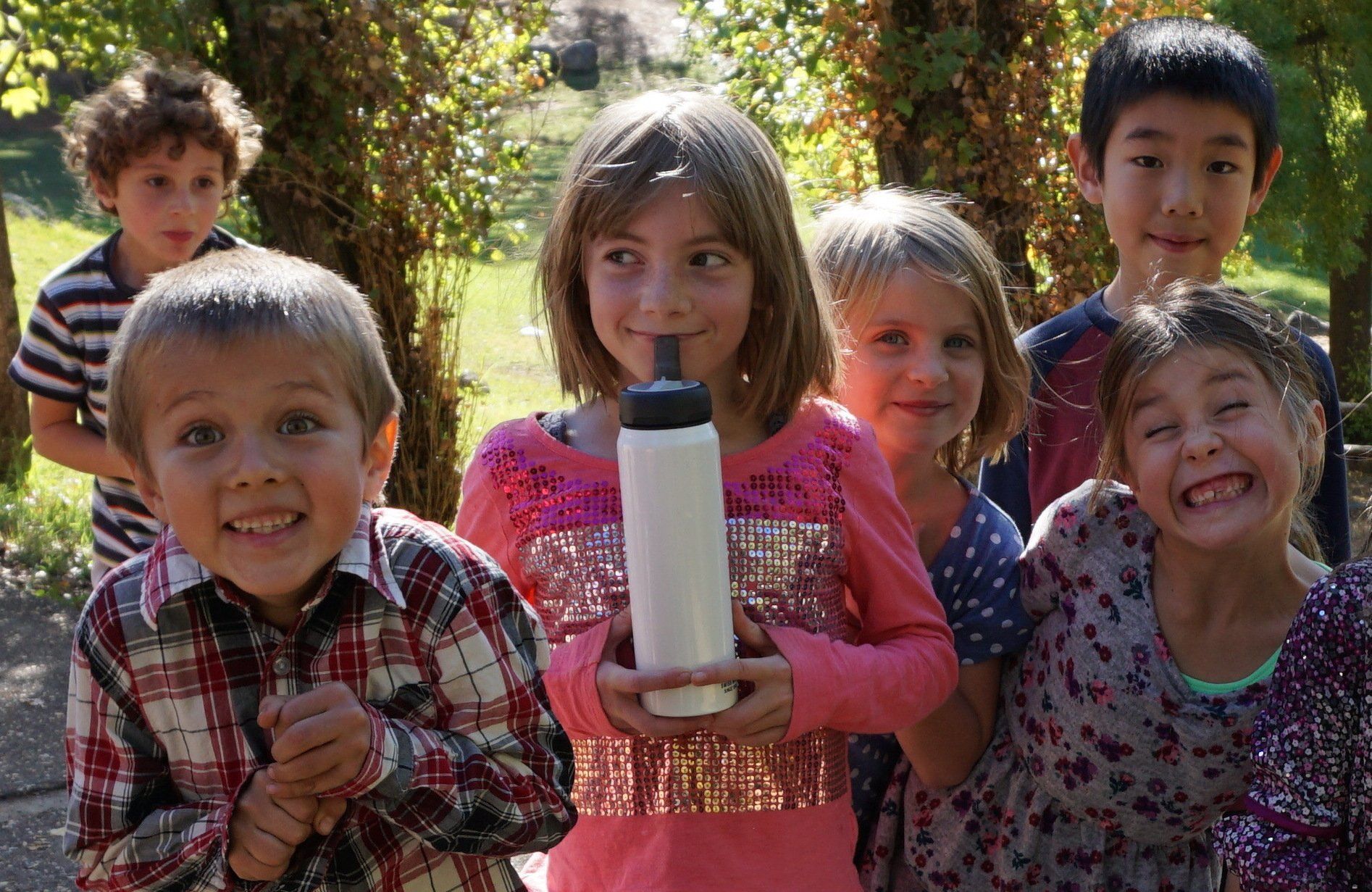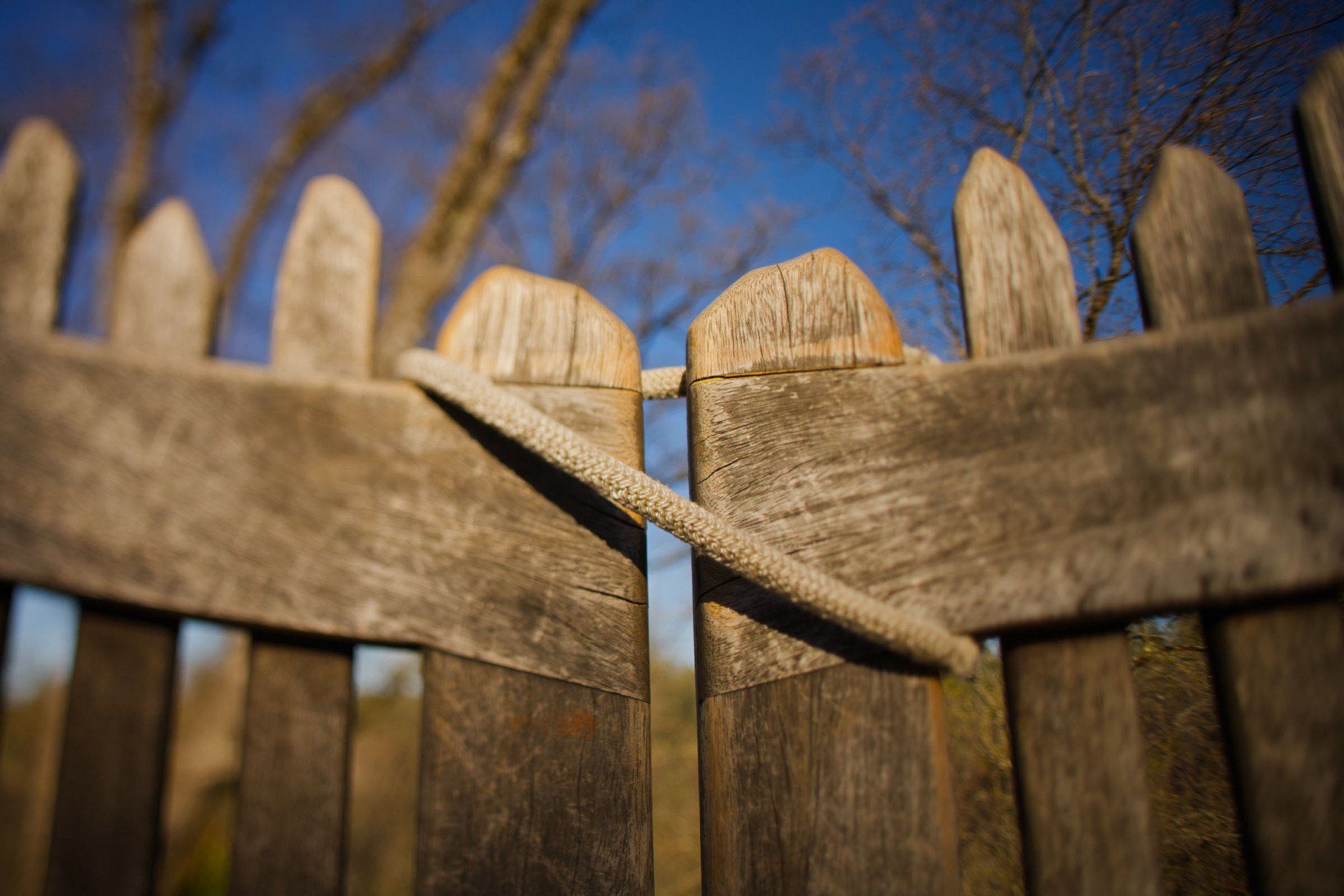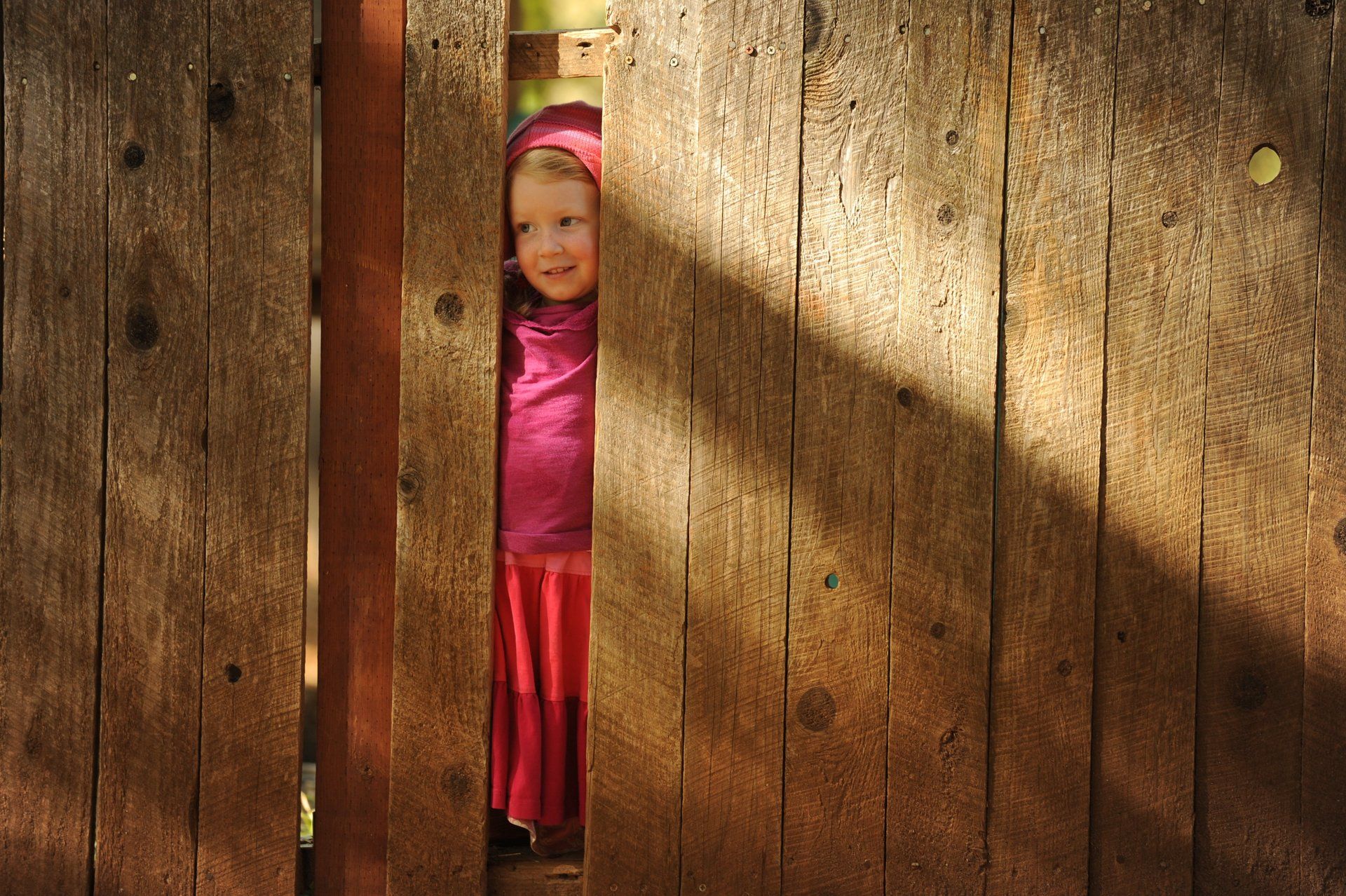Blog Post
Dr. Martin Luther King observed in a Waldorf School.
Jan 16, 2021
What do we do when we encounter something we feel is "wrong" or "unjust"?
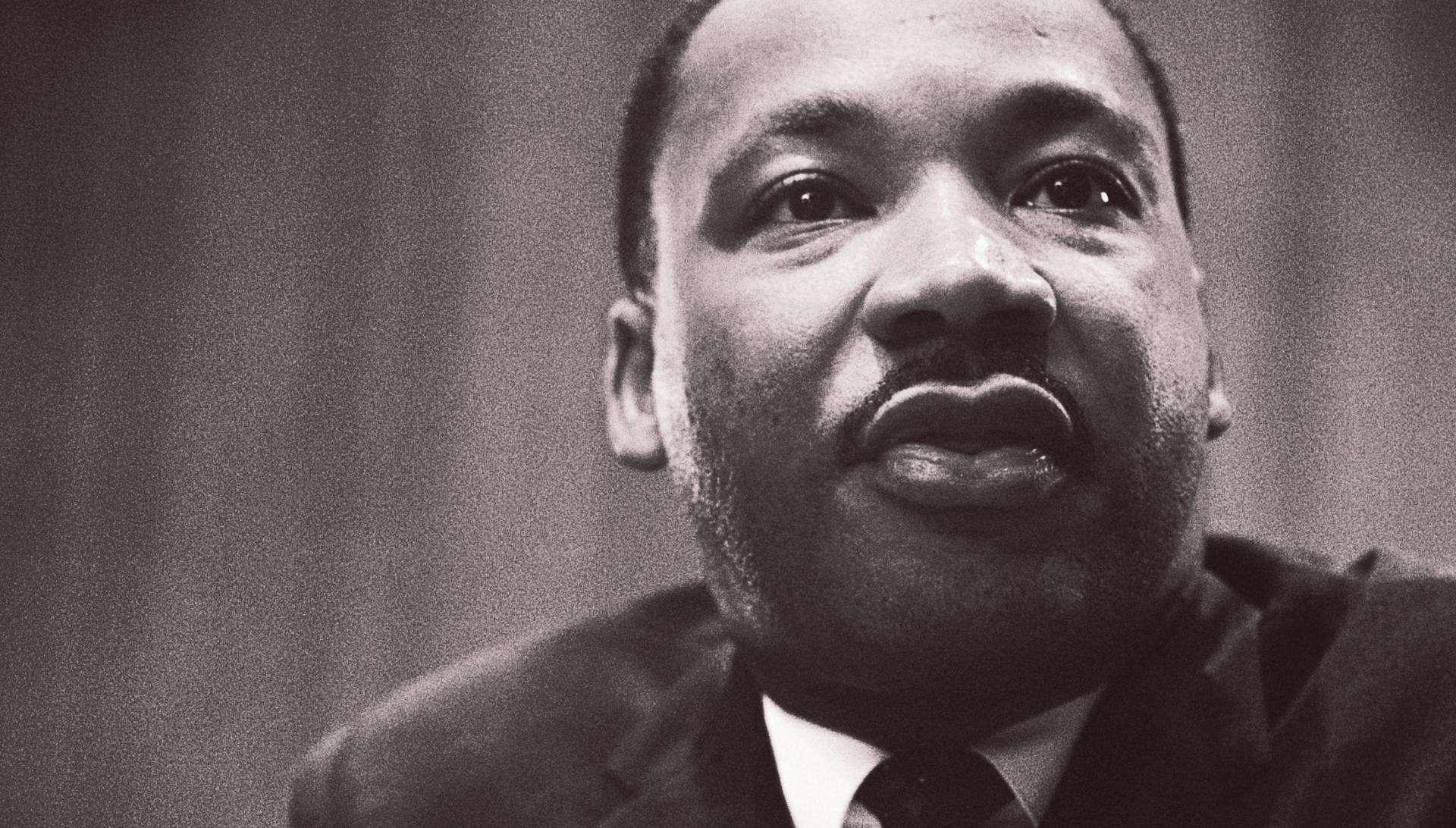
Soon we will celebrate a national holiday recognizing the remarkable life and achievements of Dr. Martin Luther King, Jr. It is fortuitous that we should have this to contemplate at this time, when we see so much social strife and tension around us. It seems that nearly everyone today holds some view or belief that is at distinct odds with others. And these disparate views seem to grow more polarized by the day while the adherents of these various views become more vitriolic and belligerent in their expressions against those who differ. That so much of the debate/argument takes place through the dubiously named "social media" does little to support the hope for resolution and understanding. To be fair, I am aware of the irony that you are reading something through a digital device because I chose to write it on a digital device. In that respect, I am attempting to tame the dragon of technology, and place it in service of humankind. I truly pray that I might accomplish this goal.
I do not bring this subject of "MLK Day" to you all for its connection to any particular movement against any particular bias, discrimination, or segregation. Rather, I hope we can widen our focus to something more universal. I offer this question in that effort: What do we do when we encounter something we feel is "wrong" or "unjust"?
Again, to be transparent, I will admit that the way in which my own biographical story answers this question is not my ideal. In my personal history there are plenty of examples of angry, judgmental, aggressive, argumentative, combative, hostile and violent reactions and behaviors. I say this to assure you that I do not write to you with any sense of superiority or from any moral high ground. I am a human, being quite human.
If you are already familiar, even vaguely, with the life of Dr. King, then you know that he helped plan, organize, and lead protests against laws and behaviors that he and others felt were wrong and unjust. What is most remarkable, of course, is not that he chose to stand up for what he believed was justice and morality against extreme levels of pressure and negative reaction, it was rather that he attempted to lead such protests in absolute peace. He endeavored to bring together huge numbers of people who would all engage in passive resistance. No matter what they encountered from the world of their fellow human beings, whether it was verbal derision, emotional scathing, physical abuse, or threats of terror and violence against themselves and their loved ones, the people following Dr. King had committed themselves to peacefulness. We could spend days discussing the actual actions, events, and achievements of Dr. King and those involved in the Civil Rights Movement of that time, but let us focus on this one aspect: they chose peace as their strategy. If nothing else, such a choice is remarkably rare, like a diamond.
Dr. King was a Christian minister and so it is rather obvious to see that he took some inspiration from Christian teachings. After all, Jesus is also sometimes referred to as the "Prince of Peace". Personally, I value many different religious teachings, including those of Jesus, but not out of any blind faith or adherence to a doctrine. Instead, I value stories from any and all religious or spiritual sources when I sense their worth, when I see how they can be applied in our world today. If someone wants to debate how "true" or "historically accurate" any of those stories are, I am generally uninterested. I am only interested in their application to our lives today. Proof is in the pudding, even when it is spiritual pudding.
It is for this reason that I am always so pleased to remember that Dr King attributed so much of his inspiration for the ways he attempted to lead the Civil Rights Movement to the example set--not by a Christian--but the shining example of a little Hindu man from India. Dr. King deeply revered the life and work of Mohandas K. Gandhi.
For now, let's just contemplate that wonderfully inspiring picture: that a very influential leader from one religion held another very influential leader from a very different religion is such high esteem. Next week, we will delve a bit into the life of that little shining Hindu man.
Share
Tweet
Share
Mail

By Rev Bowen
•
16 Jan, 2021
What happens when we hear a story? If our inner wills are strong, if our feeling life is flexible and rich, then we engage in a very important "thinking" activity: we imagine. This is not the same as fantasy or whimsical fancy. This is not mere creativity. Nor is this the same as intellectualizing. Thinking is not the means to simply acquire knowledge.
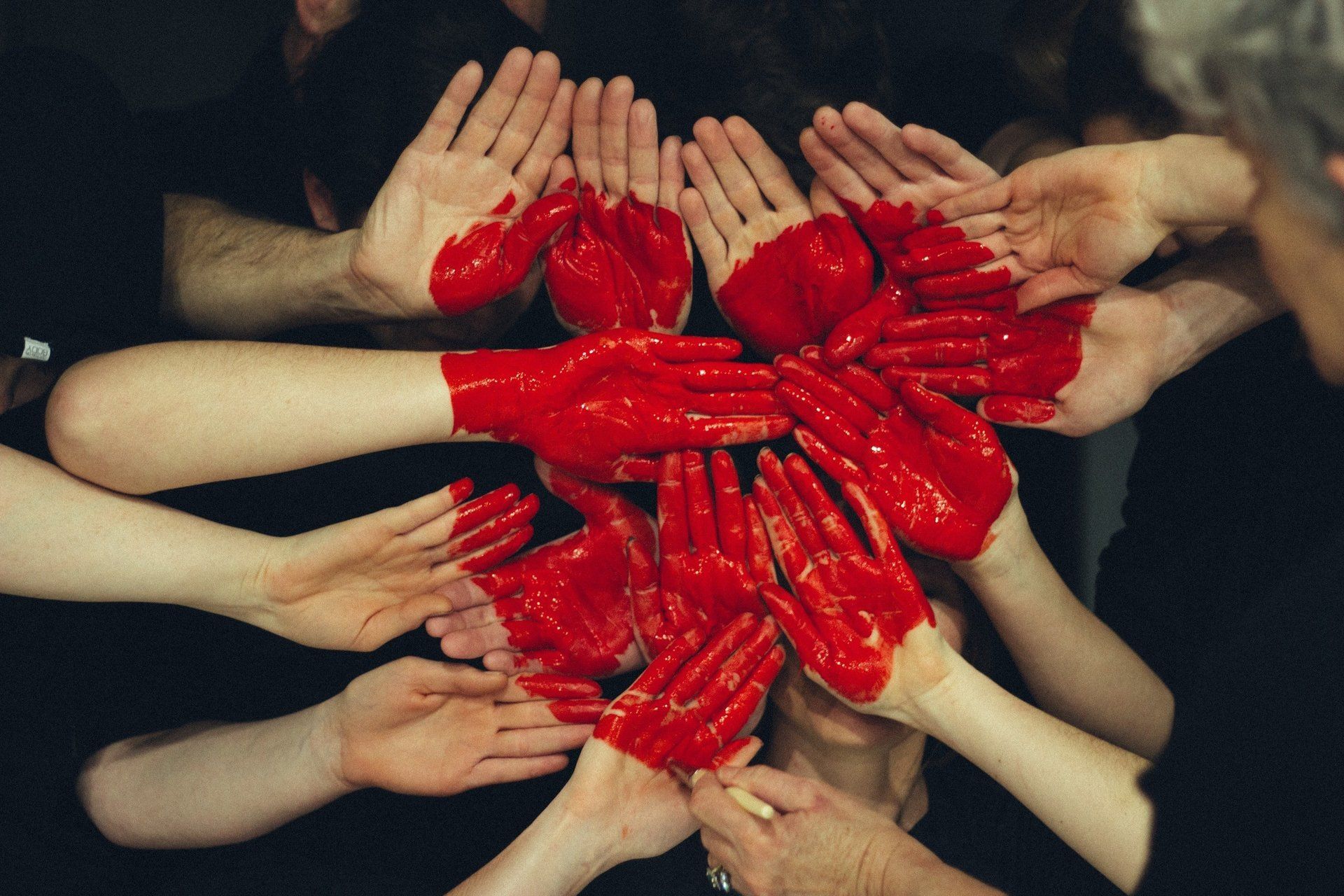
By Rev Bowen
•
20 Dec, 2020
For the young person, this mystery can be overwhelming. If we do not endeavor to help young people learn about their feelings and how the feeling life works, then we leave them like rudderless rafts on a rising river. Teachers and parents can help children learn how to affect their feelings so that they can strive toward equilibrium when they need to do so. This starts at the very beginning.
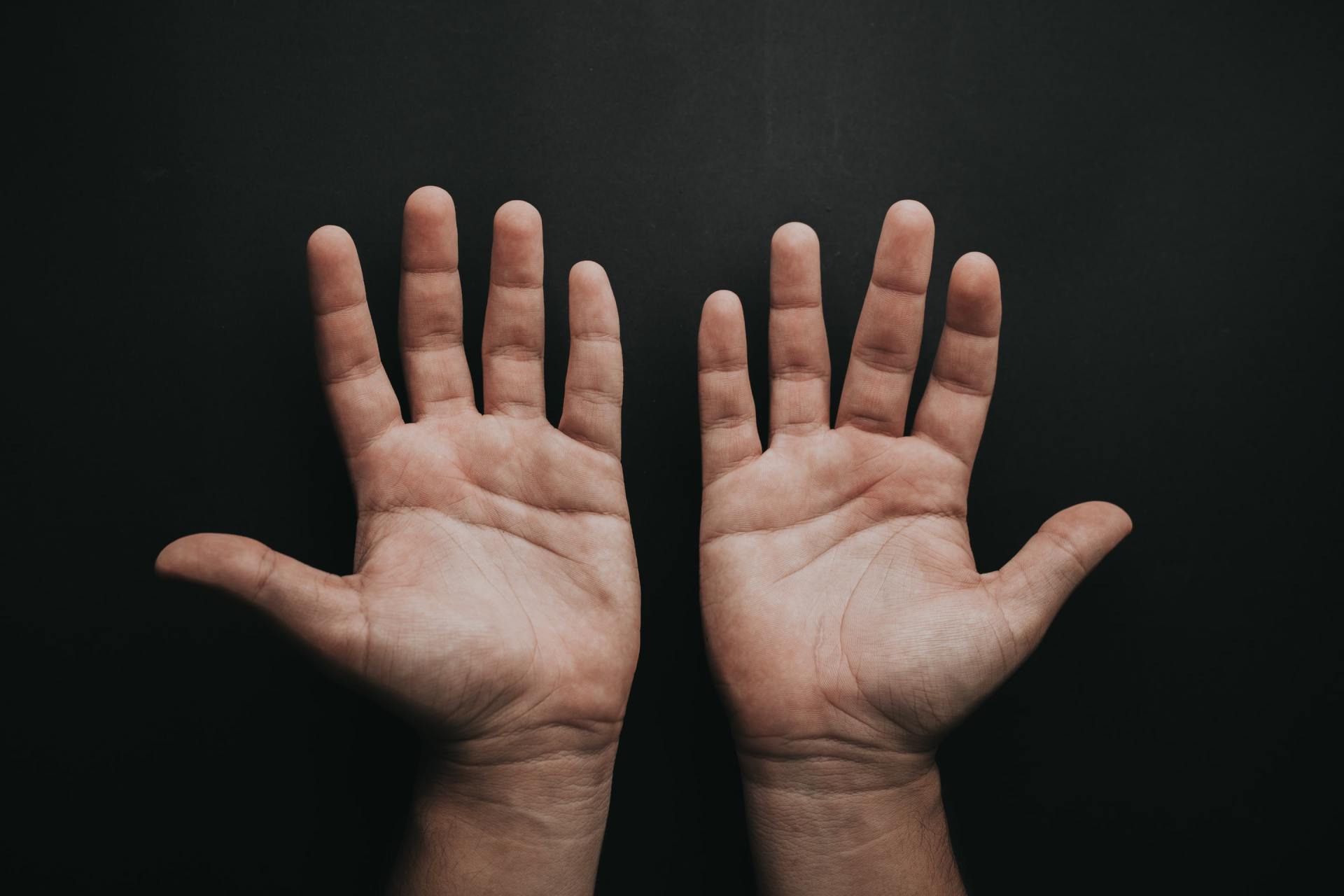
By Rev Bowen
•
14 Dec, 2020
In Waldorf education, it does not start with a curriculum; it starts with understanding the child. So for these three weeks leading up to the Winter Holidays Break, we will take a look at a three-part lens we use in Waldorf Education. It is characterized in "Head, Heart, Hands", but I will now refer to it as Willing (hands), Feeling (heart), and Thinking (head).
To Learn More, Contact Us:
Thank you for contacting us.
We will get back to you as soon as possible.
We will get back to you as soon as possible.
Oops, there was an error sending your message.
Please try again later.
Please try again later.
Contact Info




This site is not a part of the Facebook website or Facebook Inc. Additionally, this site is NOT endorsed by Facebook in any way. FACEBOOK is a trademark of FACEBOOK, Inc.

